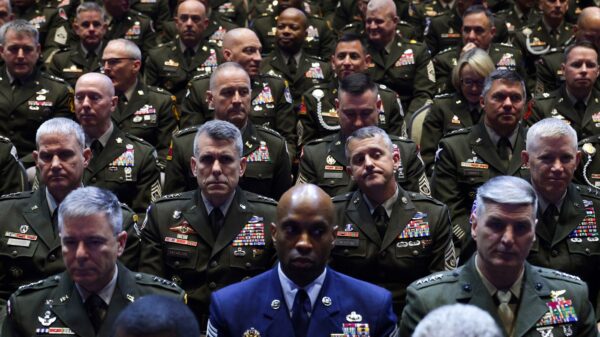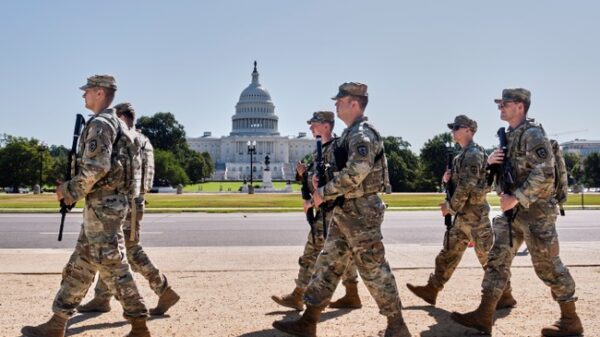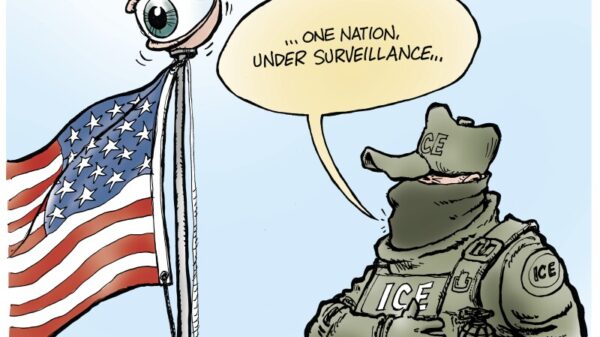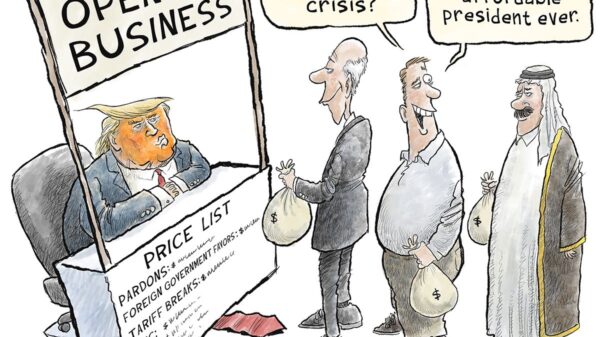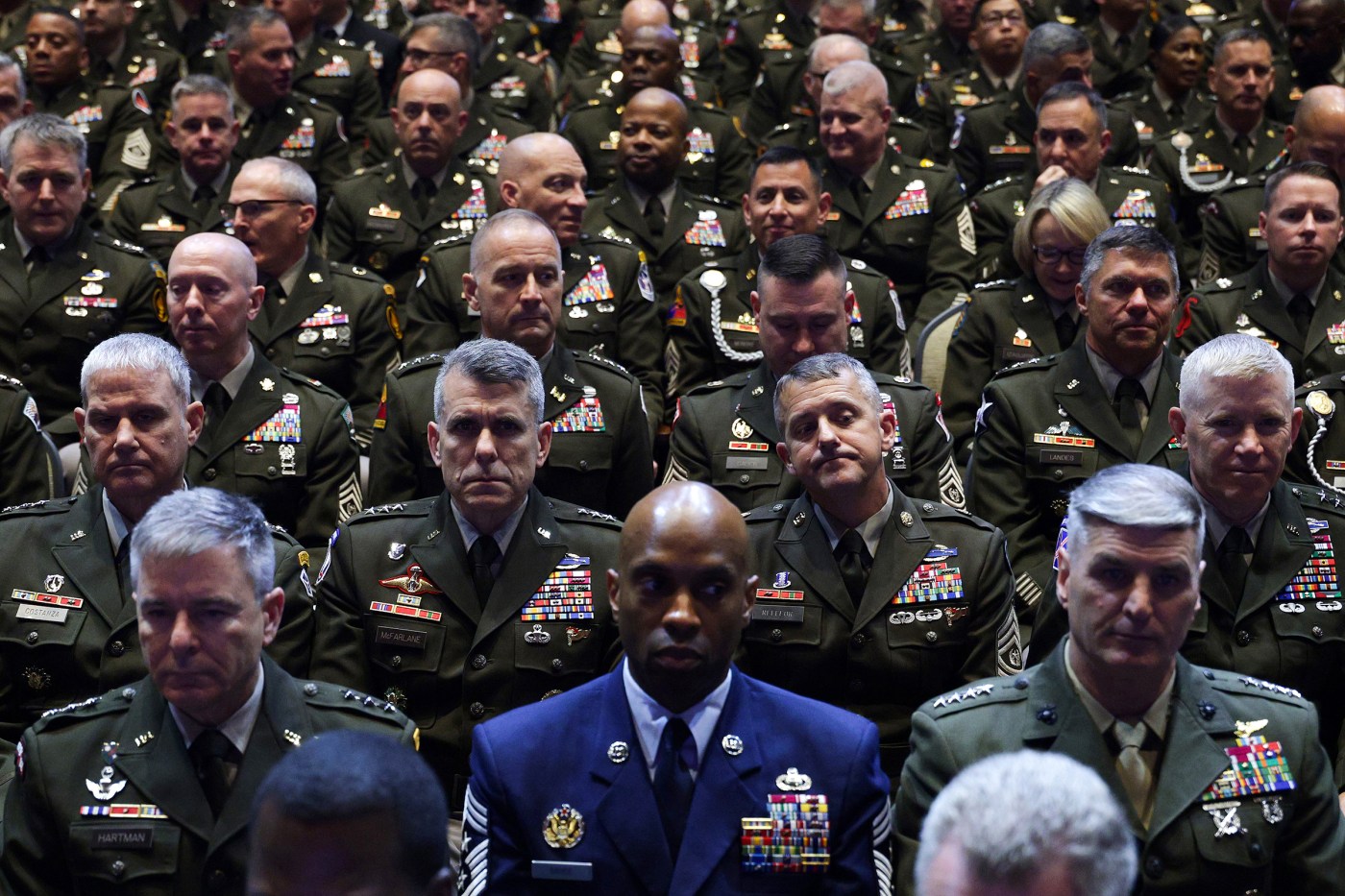The legality of U.S. military operations in international waters has come under scrutiny following reports that the U.S. Department of Justice’s Office of Legal Counsel provided assurances to the Defense Department regarding the legality of “boat strikes” that have resulted in significant loss of life. According to the Washington Post, these strikes, which have reportedly killed over 80 people in the Caribbean and Eastern Pacific, have raised serious ethical questions about the rules of engagement for U.S. service members.
The existence of a memo that grants immunity to service members for these actions indicates a troubling shift in military ethics. When a government feels the need to preemptively assure its personnel that they cannot be prosecuted, it signals an acknowledgment of crossing moral and legal boundaries. This situation is not an isolated incident but part of a long-standing trend in which the U.S. military’s conduct has evolved under various administrations, often prioritizing legal justifications over ethical considerations.
Historically, the George W. Bush administration initiated this trend by reframing the definition of torture as “enhanced interrogation.” The subsequent administration under Barack Obama rescinded those opinions but employed similar justifications for drone strikes, including controversial operations that resulted in the deaths of American citizens. The logic appears to persist across different political leaderships: if an act cannot be morally justified, it can at least be rendered legal.
Under the current administration, led by Donald Trump and Defense Secretary Pete Hegseth, the military has expanded its operations to include missile strikes against small boats suspected of drug trafficking. These strikes occur without formal declarations of war, charges, or trials, raising alarms about the implications for international law. The Pentagon has insisted that these actions are “lawful orders,” vetted by legal advisors throughout the military hierarchy. Yet, the ethical ramifications of such justifications are profound, as no framework of armed conflict condones extrajudicial killings outside of combat.
The implications of these actions extend beyond legalities; they fundamentally challenge the moral integrity of military institutions. Reports indicate that allies, including the United Kingdom, have ceased sharing intelligence related to these operations due to concerns over complicity in violations of international law. This reflects a broader hesitation among U.S. allies regarding the legitimacy of American military actions.
Within the military, there exists a troubling culture that prioritizes compliance over ethical judgment. Officers, trained to uphold principles such as proportionality and restraint, often defer moral decisions to legal interpretations. The prevailing mindset suggests that if legal approval is obtained, ethical considerations are rendered moot. This dynamic not only risks eroding institutional integrity but also compromises the personal ethics of those who execute such orders.
The phrase “lawful orders” has become a tool for absolution, allowing military personnel to circumvent the need for critical ethical reflection. Despite complex legal arguments, legality does not equate to legitimacy. The erosion of the rule of law that once distinguished American military actions from those of authoritarian regimes is concerning. Many officers understand the distinction between orders that align with national values and those that contradict them, yet a culture that punishes honesty and promotes conformity complicates the ability to act with moral conviction.
As the nation grapples with these issues, expectations for military leaders to uphold their oaths to defend the Constitution rather than simply obey orders have intensified. This oath is not merely formal; it embodies a commitment that carries significant moral weight. The essence of what makes a nation worth serving lies not in its military might but in its capacity for restraint and moral governance.
The ongoing conflict between legality and ethics in military operations represents a critical juncture for American leadership. The nation faces the challenge of reclaiming its commitment to the rule of law and restoring the ethical foundations that have historically underpinned its military operations. As this debate unfolds, it becomes clear that no memo can rectify the profound implications of these choices. The path forward demands courage and integrity from those entrusted with military command.











